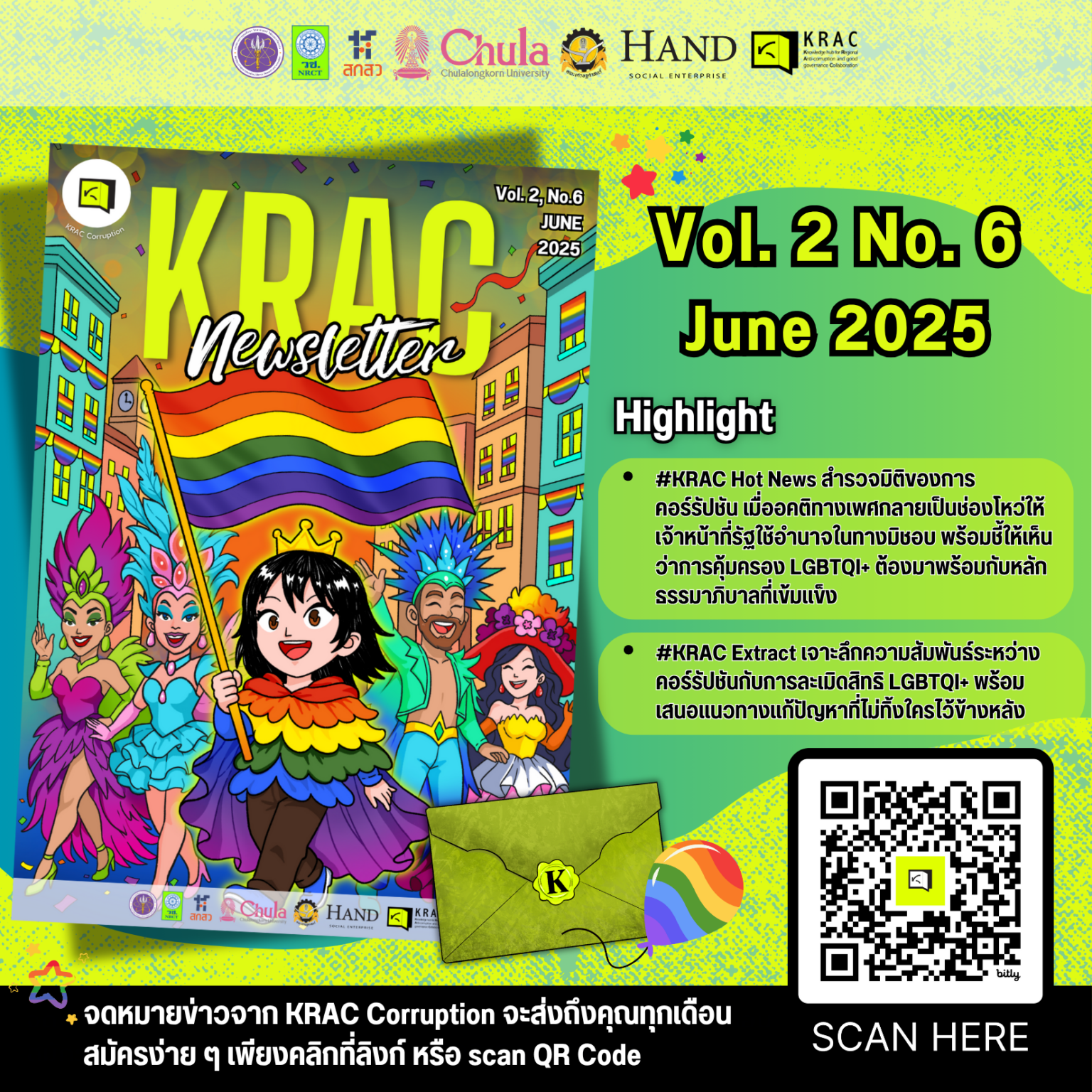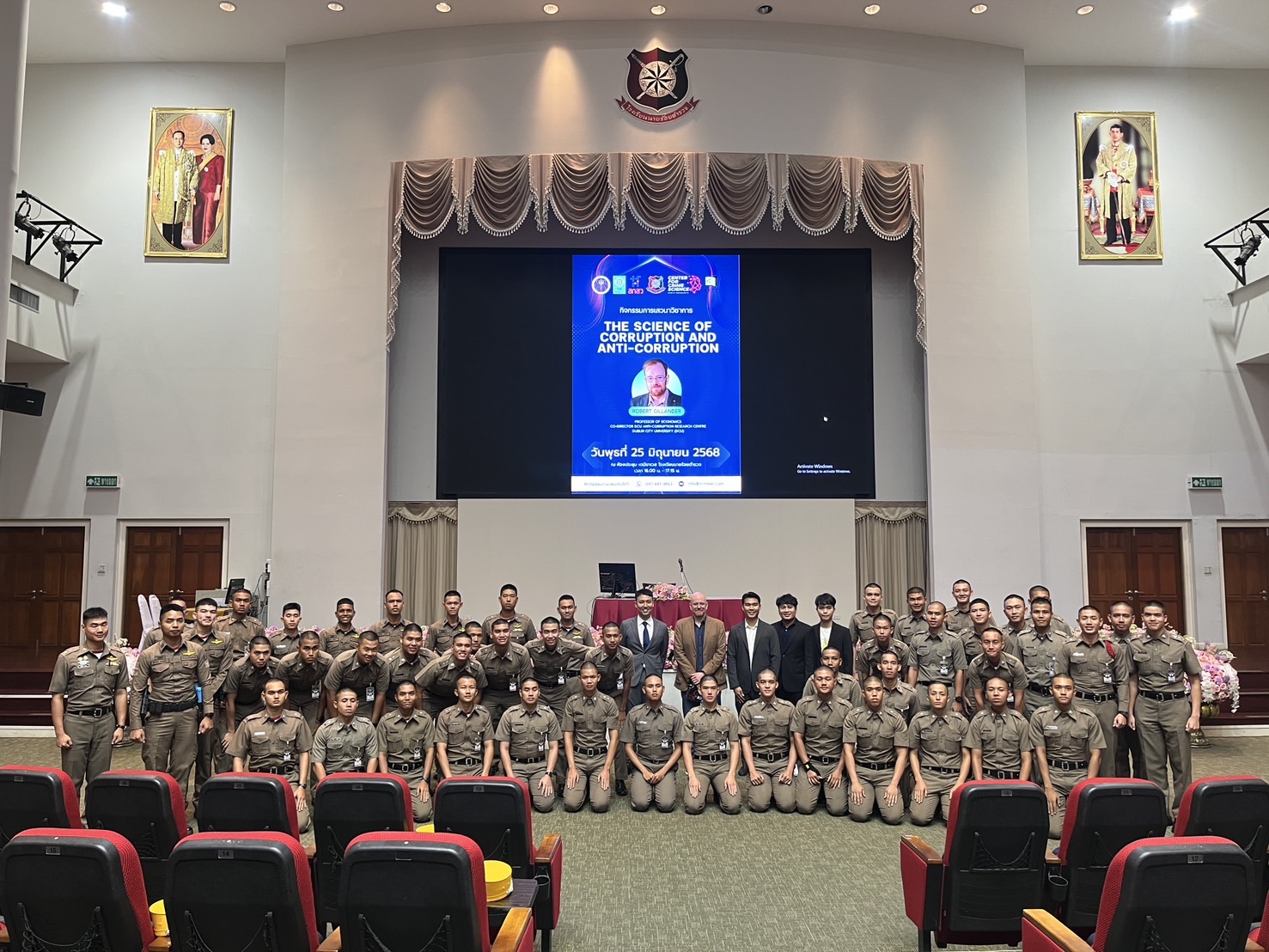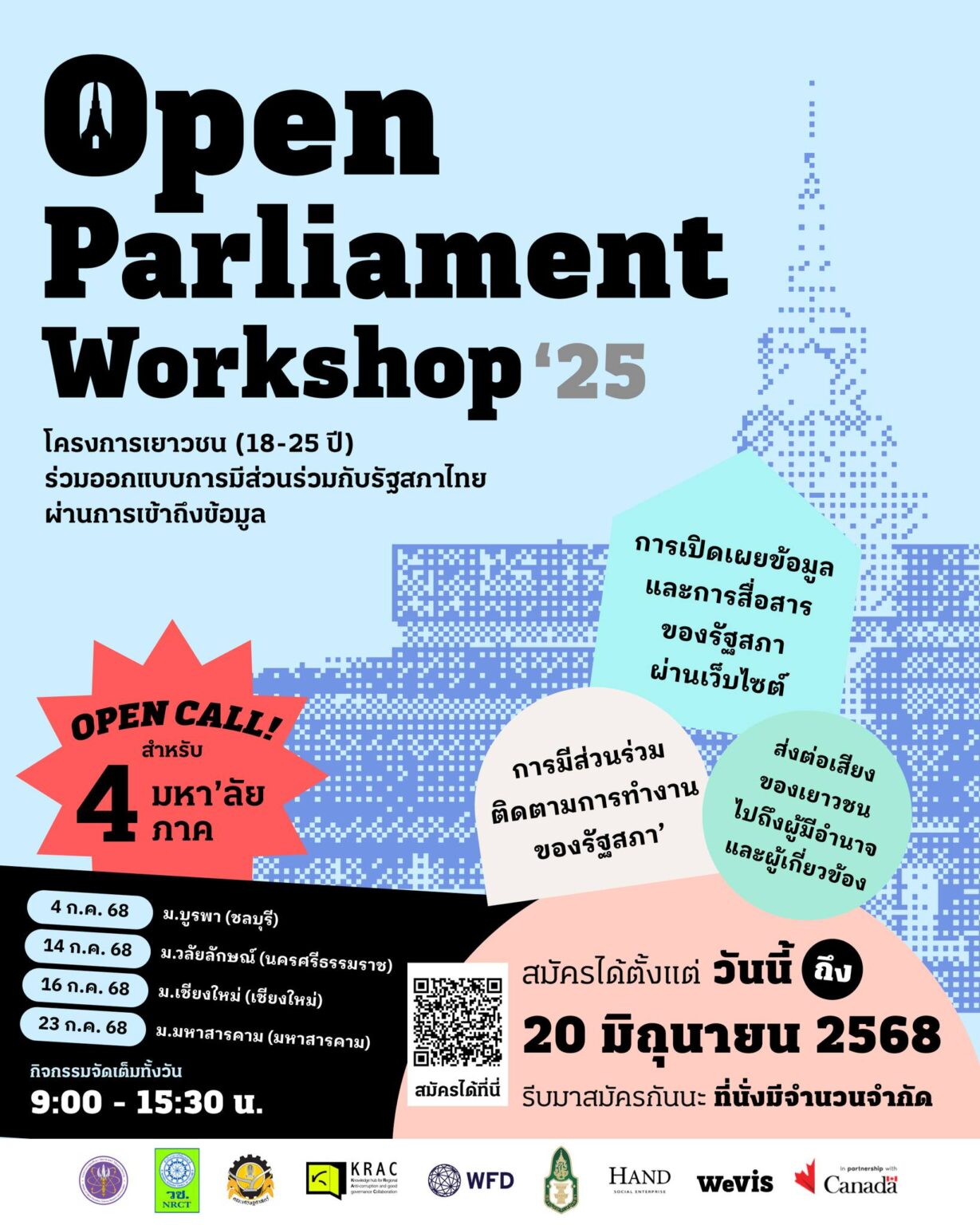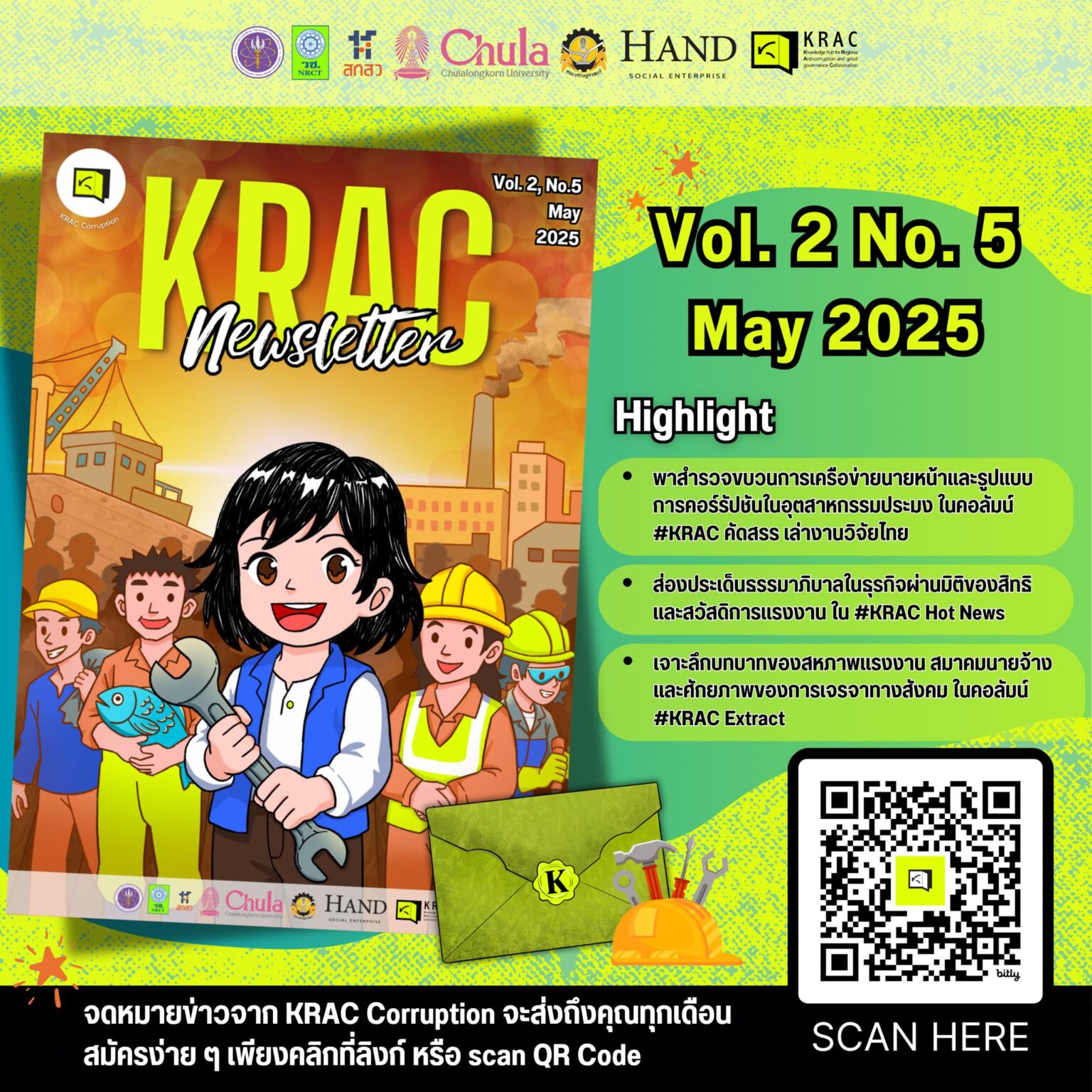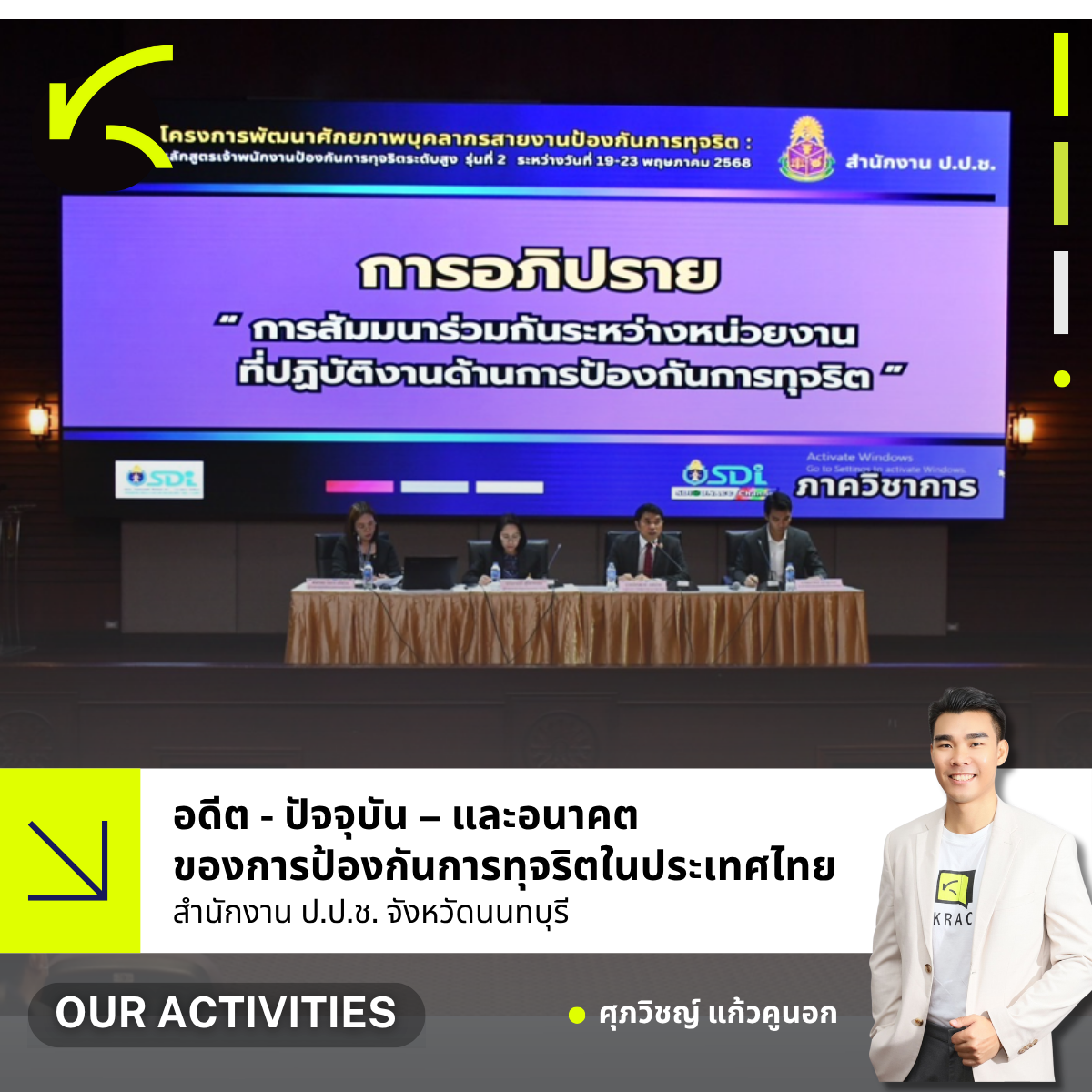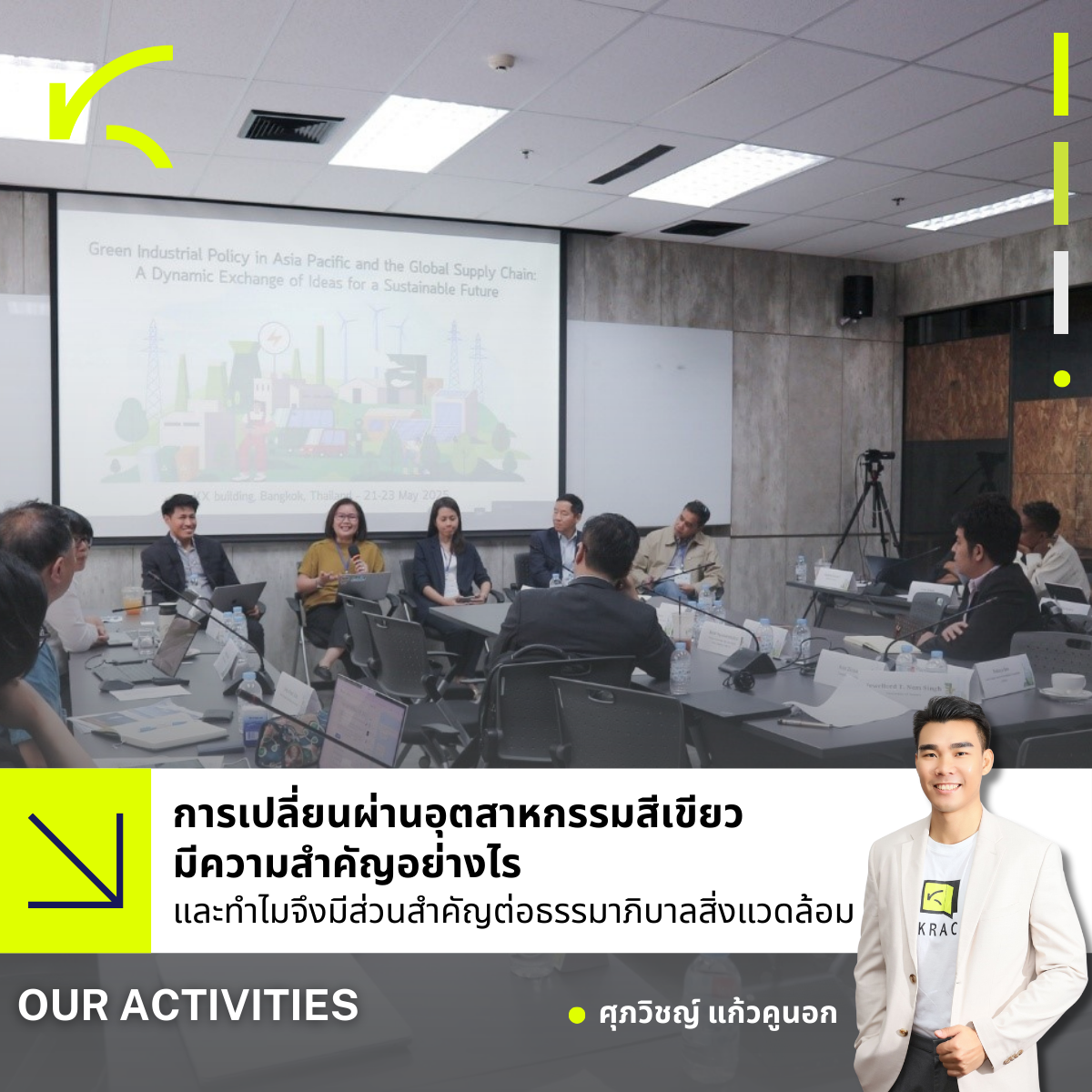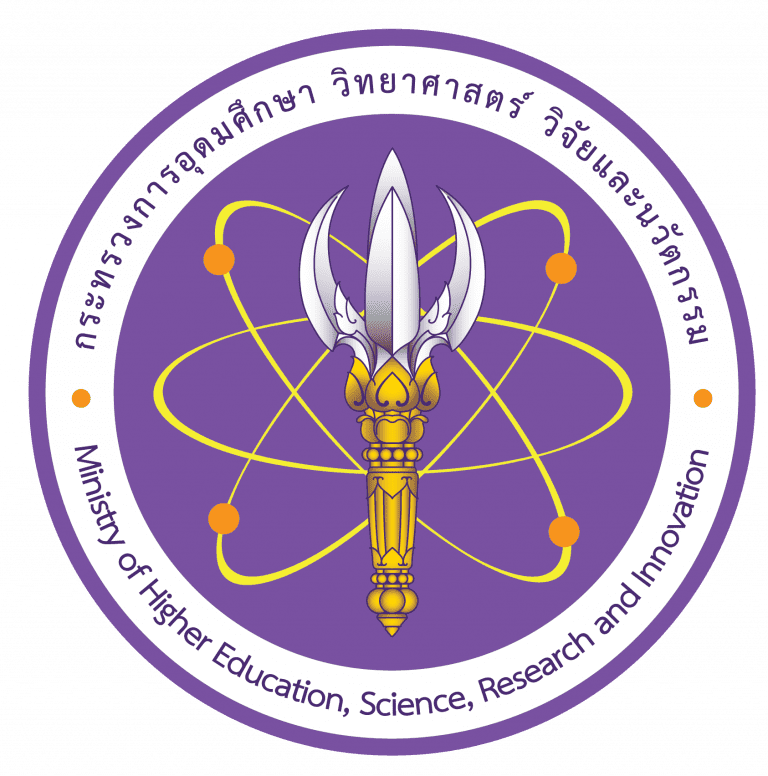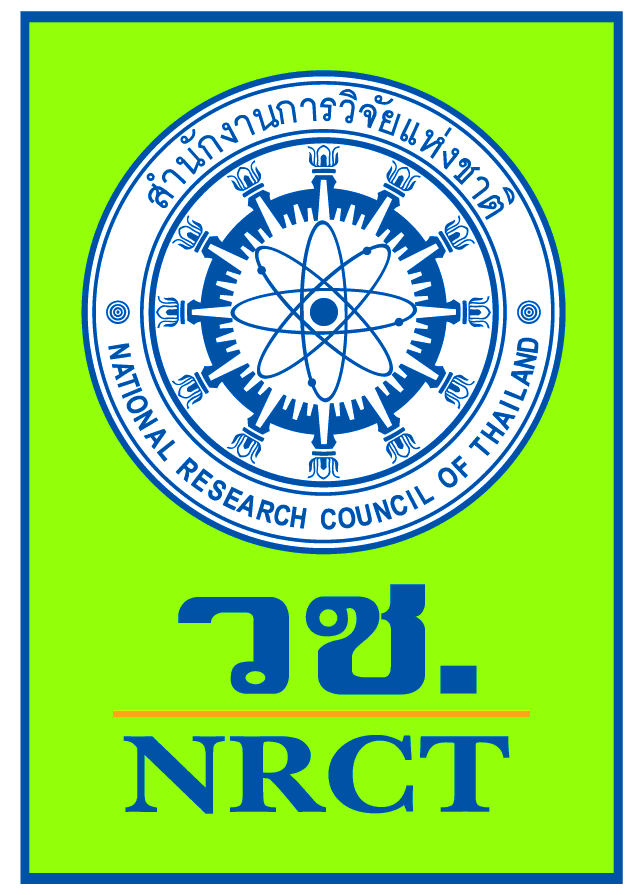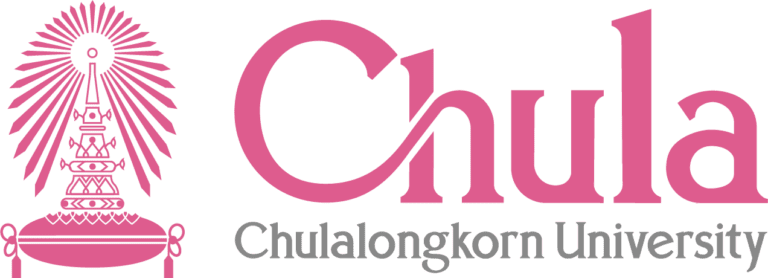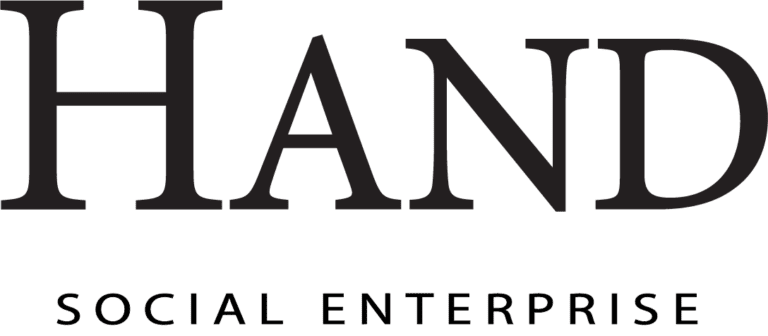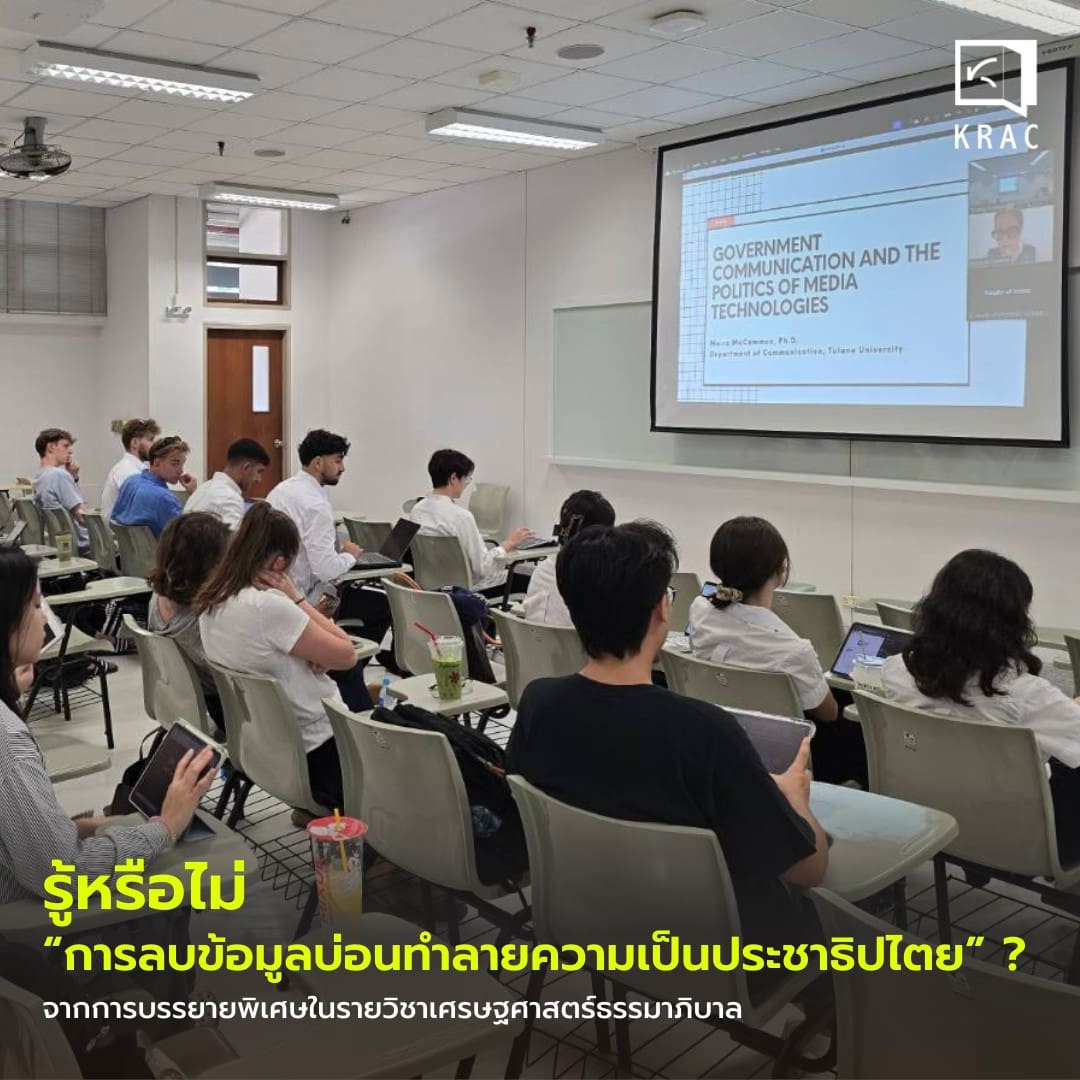
รู้หรือไม่ “การลบทวีตของหน่วยงานรัฐส่งผลต่อความเป็นประชาธิปไตย” อย่างไร ? แล้วมีแนวทางแก้ไขปัญหานี้หรือไม่ ? เรามีคำตอบมาให้คุณกับการบรรยายพิเศษจากผู้เชี่ยวชาญระดับนานาชาติ
เมื่อวันที่ 30 สิงหาคม 2567 ศูนย์ความรู้เพื่อความร่วมมือในการต่อต้านคอร์รัปชัน และส่งเสริมธรรมาภิบาลในระดับภูมิภาค (KRAC) คณะเศรษฐศาสตร์ จุฬาลงกรณ์มหาวิทยาลัย จัดการบรรยายพิเศษในรายวิชา “เศรษฐศาสตร์ธรรมาภิบาล (Economics of Good Governance)” ในหัวข้อ “Government Communication & the Politics of Media Technologies” โดยได้รับเกียรติจาก Asst. Prof. Dr. Muira McCammon จากภาควิชาการสื่อสาร มหาวิทยาลัยทูเลน (Tulane University) สหรัฐอเมริกา มาร่วมบรรยายเพื่อถ่ายทอดประสบการณ์ในฐานะนักวิชาการแนวหน้าที่ศึกษาเรื่องการสื่อสารภาครัฐในยุคดิจิทัล
Asst. Prof. Dr. Muira McCammon ได้นำเสนอมุมมองเกี่ยวกับความซับซ้อนของการสื่อสารภาครัฐบนสื่อสังคมออนไลน์ โดยชี้ให้เห็นถึงความท้าทายและผลกระทบของปรากฏการณ์ “ทวีตแล้วลบ” ในยุคที่หน่วยงานรัฐพึ่งพาแพลตฟอร์มสื่อสังคมออนไลน์มากขึ้น โดยเฉพาะการใช้งานแพลตฟอร์มอย่างทวิตเตอร์ (Twitter) หรือ เอกซ์ (X) ในปัจจุบัน ประกอบกับพลวัตของการสื่อสารสาธารณะและความโปร่งใสกำลังเปลี่ยนแปลงไปอย่างมีนัยสำคัญ ซึ่งนำมาสู่คำถามสำคัญเกี่ยวกับความรับผิดชอบของรัฐบาลในระบอบประชาธิปไตย
ปรากฏการณ์ “ทวีตแล้วลบ” หมายถึงการที่หน่วยงานภาครัฐโพสต์ข้อความบนสื่อสังคมออนไลน์ แล้วลบทิ้งในภายหลัง ซึ่งอาจเกิดจากความผิดพลาดทางเทคนิค ปัญหาด้านความสวยงาม หรือแม้แต่เหตุผลทางการเมืองที่ซับซ้อน กรณีตัวอย่างจากการที่กองบัญชาการยุทธศาสตร์สหรัฐฯ เคยทวีตข้อความที่ถูกสังคมตีความว่าเป็นการข่มขู่และก้าวร้าว ซึ่งนำไปสู่การลบทวีตอย่างรวดเร็วพร้อมคำขอโทษอย่างเป็นทางการ เหตุการณ์เช่นนี้สะท้อนให้เห็นถึงความละเอียดอ่อนในการรักษาสมดุลระหว่างการมีส่วนร่วมกับประชาชนและการจัดการผลกระทบที่อาจเกิดขึ้นจากโพสต์ที่อาจสร้างความขัดแย้ง
อย่างไรก็ตาม ปรากฏการณ์ดังกล่าวอาจนำไปสู่ภัยคุกคามต่อประชาธิปไตย เพราะเมื่อหน่วยงานรัฐลบเนื้อหาออกจากสายตาสาธารณชน ย่อมก่อให้เกิดความกังวลเกี่ยวกับความโปร่งใสและการรักษาบันทึกสาธารณะ ซึ่งการเข้าถึงและตรวจสอบการสื่อสารของรัฐบาลมีความสำคัญอย่างยิ่งต่อสังคมประชาธิปไตย เนื่องจากประชาชนอาจไม่สามารถเข้าถึงข้อมูลและตรวจสอบการทำงานของเจ้าหน้าที่รัฐได้อย่างเป็นปกติ ดังนั้นการลบข้อมูลจึงบ่อนทำลายความเป็นประชาธิปไตย จากการทำให้ข้อมูลสำคัญต่าง ๆ ที่อาจเปิดเผยเจตนา ความผิดพลาด หรือการกระทำโดยมิชอบของรัฐบาลสูญหายไป
Asst. Prof. Dr. Muira McCammon จึงเน้นย้ำถึงบทบาทสำคัญของพระราชบัญญัติเสรีภาพในการเข้าถึงข้อมูลข่าวสาร (Freedom of Information Act: FOIA) ที่เปิดโอกาสให้ประชาชนสามารถร้องขอการเข้าถึงบันทึกของรัฐบาล รวมถึงข้อมูลที่เกี่ยวข้องกับโพสต์บนสื่อสังคมออนไลน์ที่ถูกลบไปได้ อย่างไรก็ตามยังคงมีประเด็นที่น่ากังวลเป็นพิเศษ คือ การที่รัฐบาลพึ่งพาแพลตฟอร์มสื่อสังคมออนไลน์ของบริษัทเอกชนในการสื่อสารกับประชาชน เนื่องจากแพลตฟอร์มเหล่านี้อยู่ภายใต้การควบคุมของบริษัทเอกชน ซึ่งเป็นผู้กำหนดกฎเกณฑ์การมีส่วนร่วม รวมถึงนโยบายเกี่ยวกับการลบและการเก็บรักษาข้อมูล
การที่หน่วยงานรัฐบาลพึ่งพาแพลตฟอร์มของบริษัทเอกชนจึงแสดงถึงความเสี่ยงต่อความน่าเชื่อถือต่อประชาชน และความสมบูรณ์ของข้อมูลจากหน่วยงานรัฐบาล เพราะเมื่อการสื่อสารของรัฐบาลถูกเก็บไว้บนแพลตฟอร์มออนไลน์ เช่น ทวิตเตอร์หรือเอกซ์ จะทำให้รัฐบาลสูญเสียอำนาจควบคุมข้อมูลเหล่านั้นไป จากการถูกบริษัทเอกชนจัดการ เก็บรักษา หรือแม้แต่ลบทิ้งข้อมูลตามนโยบายของแพลตฟอร์ม อีกทั้งยังทำให้การตัดสินใจในการสื่อสารของรัฐบาล ตอบสนองกับอิทธิพลจากนโยบายของบริษัทเอกชนผู้ให้บริการแพลตฟอร์มมากกว่าผลประโยชน์สาธารณะอีกด้วย อย่างไรก็ตามยังชี้ให้เห็นถึงการพัฒนาแนวปฏิบัติเพื่อจำกัดการลบข้อมูล แต่ก็ยังมีหน่วยงานอีกหลายแห่งที่ขาดแนวปฏิบัติที่ชัดเจน ซึ่งการขาดนโยบายที่เป็นมาตรฐาน อาจนำไปสู่การปฏิบัติที่ไม่สอดคล้องกันและสูญเสียบันทึกสาธารณะที่สำคัญ
ทั้งนี้ ยังมีการกล่าวถึงความท้าทายด้านระเบียบวิธีวิจัยเฉพาะทางในการศึกษาแนวปฏิบัติการลบข้อมูลของรัฐบาล โดยเน้นย้ำถึงความยากลำบากในการวิจัยเนื้อหาที่ถูกลบไปแล้ว โดยเฉพาะอย่างยิ่ง เมื่อเนื้อหานั้นไม่ได้ถูกบันทึกว่าเคยมีการเผยแพร่ต่อสาธารณะ หรือไม่มีร่องรอยใด ๆ ที่พิสูจน์ได้ถึงการมีอยู่ของข้อมูล แม้ว่าการยื่นคำขอ FOIA อาจช่วยเปิดเผยข้อมูลบางส่วนได้ แต่กระบวนการนี้มักใช้เวลานานและอาจไม่ให้ผลลัพธ์ที่ครอบคลุมเสมอไป ซึ่งการวิจัยดังกล่าวจึงเป็นการตอกย้ำถึงความสำคัญของการพัฒนาวิธีการและเครื่องมือใหม่ ๆ เพื่อศึกษาการสื่อสารของรัฐบาลในยุคดิจิทัล และส่งเสริมให้รัฐบาลมีความเข้าใจที่ละเอียดอ่อนมากขึ้นเกี่ยวกับการลบข้อมูล โดยมีความต้องการให้มุ่งความสนใจไปที่บริบทที่กว้างขึ้นของการสื่อสารภาครัฐ รวมถึงพลวัตของอำนาจและแนวปฏิบัติขององค์กร
Asst. Prof. Dr. Muira McCammon ได้นำเสนอมุมมองเกี่ยวกับความซับซ้อนของการสื่อสารภาครัฐในยุคดิจิทัล ที่หน่วยงานของรัฐยังคงต้องเผชิญกับความท้าทายในการมีส่วนร่วมกับประชาชนบนแพลตฟอร์มออนไลน์ จากความเสี่ยงที่เกี่ยวข้องกับการลบข้อมูลและการสูญเสียบันทึกสาธารณะ ซึ่งเป็นสิ่งที่ไม่อาจมองข้ามได้ จึงมีการเน้นย้ำถึงความจำเป็นในการสร้างความโปร่งใสที่มากขึ้น การกำหนดแนวทางที่เข้มแข็ง และการพิจารณาอย่างถี่ถ้วนถึงบทบาทของแพลตฟอร์มเอกชนในการกำหนดรูปแบบการสื่อสารของรัฐบาล โดยเฉพาะอย่างยิ่งในโลกที่เนื้อหาดิจิทัลสามารถลบหรือแก้ไขได้ตลอด ดังนั้นการปกป้องความสมบูรณ์ของบันทึกสาธารณะจึงเป็นประเด็นที่มีความสำคัญในการรักษาความรับผิดชอบตามหลักประชาธิปไตย
การบรรยายพิเศษในครั้งนี้ เป็นส่วนหนึ่งของการบริการองค์ความรู้ด้านการต่อต้านคอร์รัปชันให้กับประชาชน นักศึกษาและผู้ที่สนใจ โดยได้รับเกียรติจากผู้เชี่ยวชาญระดับนานาชาติเข้าร่วมการบรรยาย ซึ่งเป็นการสร้างพื้นที่สำหรับการเรียนรู้ และแลกเปลี่ยนทรัพยากรร่วมกับผู้เชี่ยวชาญ ช่วยส่งเสริมแนวทางการศึกษาประเด็นด้านการต่อต้านคอร์รัปชันและส่งเสริมธรรมาภิบาลในประเทศไทยให้สอดคล้องกับแนวโน้มระดับสากลต่อไป
ถึงแม้ว่าการบรรยายสาธารณะจะจบลงแล้ว แต่ทุกท่านสามารถติดตามข้อมูลที่เกี่ยวข้องกับการต่อต้านคอร์รัปชันได้ที่ Facebook KRAC Corruption ต่อไปได้เลย !

Did you know that “Tweet and Delete by government impacts democracy?” How does it affect democracy, and is there a solution for this issue? We have the answers for you from a special lecture by an expert.
On August 30, 2024, Knowledge hub for Regional Anti-corruption and good governance Collaboration (KRAC), Faculty of Economics, Chulalongkorn University, held a special lecture titled “Government Communication & the Politics of Media Technologies,” under the class “Economics of Good Governance.” featured Dr. Muira McCammon, an Assistant Professor at Tulane University’s Department of Communication. She shared her insights as a leading scholar studying government communication in the digital era.
Asst. Prof. Dr. Muira McCammon delved into the intricacies of government communication on social media, highlighting the challenges and implications of what she terms “tweet and delete” practices. As government agencies increasingly rely on corporate social media platforms like Twitter (or X, as it’s now known), the dynamics of public communication and transparency are undergoing significant transformations, raising important questions about democratic accountability.
the phenomenon of “tweet and delete”, refers to where government agencies post content on social media platforms only to later remove it. These deletions can occur for various reasons, ranging from errors and aesthetic issues to more complex political considerations. For example, the U.S. Strategic Command once tweeted a message that was perceived as threatening and aggressive, leading to its swift removal and an official apology. Such actions illustrate the delicate balance government agencies must maintain between engaging with the public and managing the potential fallout from controversial posts.
However, the phenomenon of “tweet and delete” was the broader democratic risks posed by these deletion practices. When government agencies remove content from public view, it raises concerns about transparency and the preservation of public records. In democratic societies, the ability of citizens to access and scrutinize government communications is crucial for holding public officials accountable. Deletion undermines this process by potentially erasing important information that could reveal government intentions, errors, or malfeasance.
Asst. Prof. Dr. McCammon highlighted the role of the U.S. Freedom of Information Act (FOIA) in addressing these challenges. FOIA allows citizens to request access to government records, including those related to deleted social media posts. Yet, the government’s reliance on corporate social media platforms to communicate with the public. These platforms, controlled by private companies, dictate the rules of engagement, including policies on deletion and data retention.
This reliance poses significant risks for public memory and the integrity of government archives. When government communications are hosted on platforms like Twitter, the government loses control over how that information is managed, archived, or even erased. Moreover, the reliance on private platforms means that decisions about what constitutes appropriate government communication are increasingly influenced by corporate policies rather than public interest, although some government agencies have developed protocols to limit deletion, many still lack clear guidelines. This absence of standardized policies can lead to inconsistent practices and the potential loss of important public records.
The lecture also touched on Studying government deletion practices presents unique methodological challenges. Asst. Prof. Dr. McCammon emphasized the difficulty of researching content that has been removed, particularly when there is no public record of its existence. While FOIA requests can help uncover some of this information, they are often time-consuming and may not always yield comprehensive results. Dr. McCammon’s work underscores the importance of developing new methods and tools to study government communication in the digital age. She advocates for a more nuanced understanding of deletion, recognizing that not all deletions are equally harmful to democratic processes. Instead, she suggests focusing on the broader context of government communication, including the power dynamics and institutional practices.
Asst. Prof. Dr. Muira McCammon’s lecture offered a thought-provoking exploration of the complexities of government communication in the digital age. As government agencies continue to navigate the challenges of engaging with the public on corporate social media platforms, the risks associated with deletion and the loss of public records cannot be ignored.
Asst. Prof. Dr. McCammon’s research highlights the need for greater transparency, stronger institutional guidelines, and a critical examination of the role private platforms play in shaping government communication. In a world where digital content is increasingly ephemeral, safeguarding the integrity of public records is more important than ever for maintaining democratic accountability.
This special lecture was part of KRAC’s knowledge service provided to the public, students, and interested parties on anti-corruption topics. It featured insights from an international expert and created a platform for learning and exchanging resources to promote anti-corruption studies and good governance in Thailand, aligning with global trends.
Though the public lecture has ended, you can continue following anti-corruption updates on Facebook KRAC Corruption
หัวข้อ
- Access to Information, Anti-Corruption
วันที่เผยแพร่
6 กันยายน 2567
Related Topic
